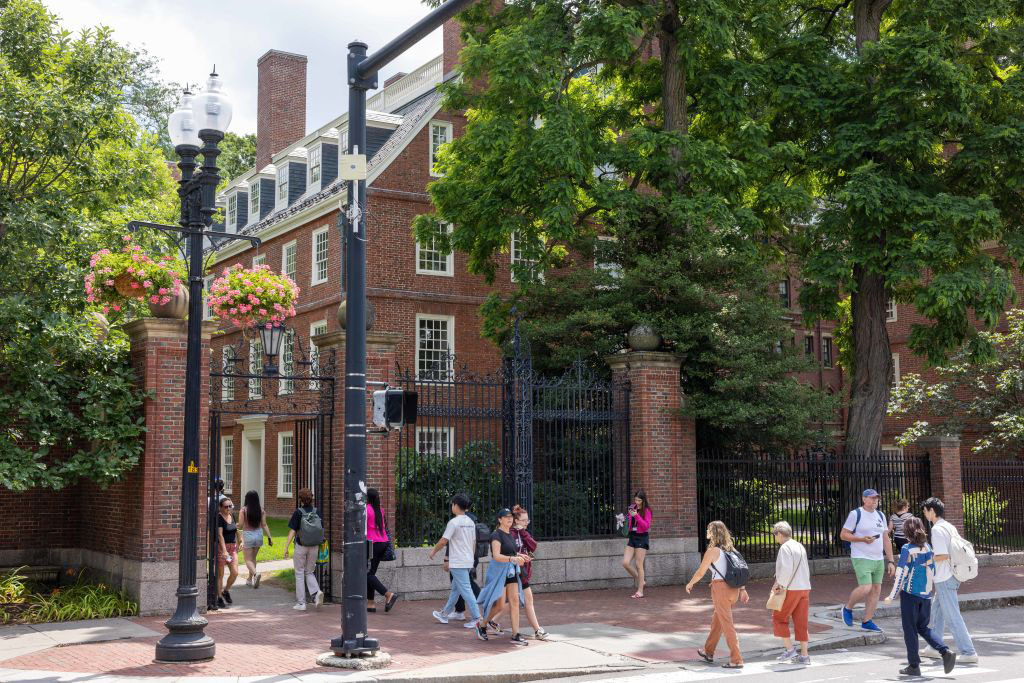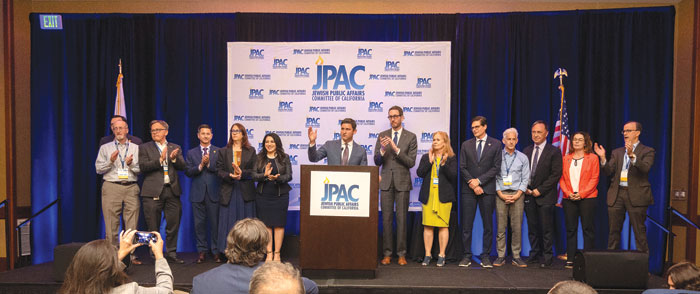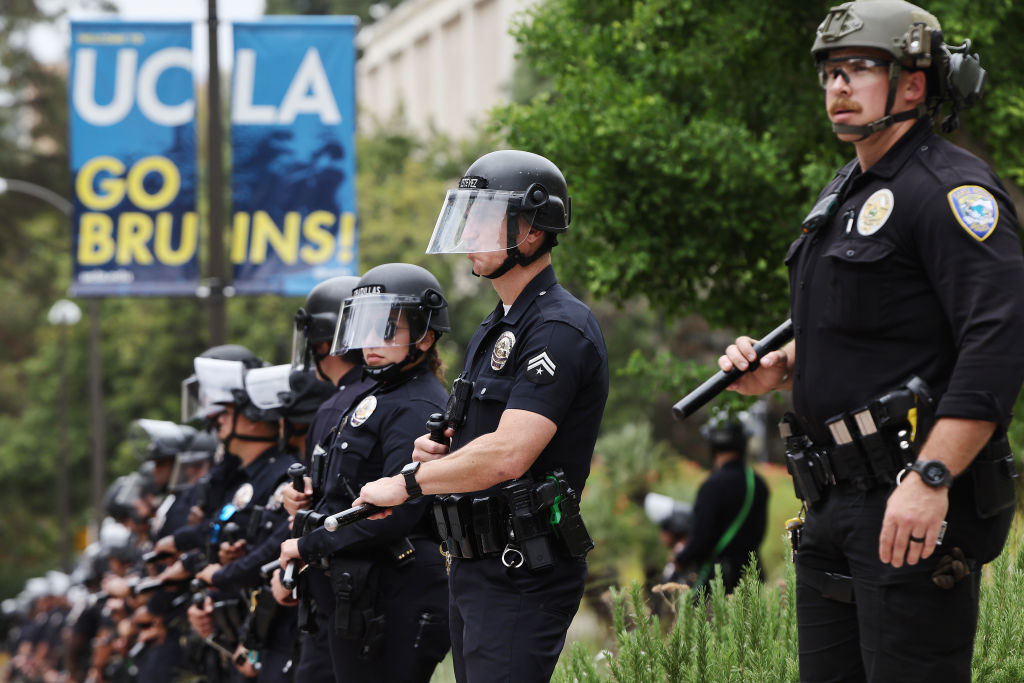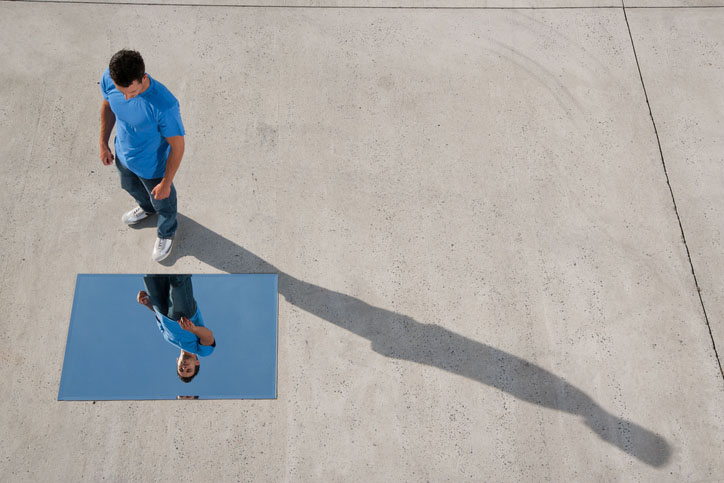German history shortly before, during and after the war is an extremely well-researched and, if one can say so, ‘popular’ topic. Decades after the major Nazi crimes were revealed and almost all villains either were punished or died their natural death in their hideaways in South America, the most disgusting pages of the European history are still attracting researches and curious minds. There are, indeed, secrets which can never be found out in archives and facts which will never be published in history books.
These are the memories and thoughts of the German witnesses and participants of the horrible events. Despite, or rather because they are subjective, these voices are extremely important for researching and understanding the topic. German historian Lutz Niethammer deals with what is called ‘oral history’, representing historical events through interviews with those who still can recall it. Niethammer, who dedicated his research to the Third Reich period and the after-war recovery, has published the summary of his interviews with elderly Germans about this epoch.
While Holocaust was far from being the main topic of the conversations, the Jewish question was certainly a significant part of the memories. This Jewish traces in German minds, sometimes obvious and sometimes surprising, are definitely noteworthy. According to Niethammer, pre-war Jews were mostly mentioned as doctors, tailors or salespeople. The respondents recall being customers of the Jewish businesses as explicit proof of not being antisemitic, adding that both price and credit purchase offers used to be quite attractive there. Germans ceased using Jewish products and services after 1933, while the discrimination against Jews dates back to 1938.
This is claimed to be the year when the respondents, being German schoolkids back then, started to become aware of the Jewishness of some other children in the class. The parents forced them to accept the discrimination against their friends. All respondents do remember the Jews suddenly ‘disappearing’ during the first years of the war, however, they didn’t treat this with any suspicion. Other memories of the elderly Germans were the burned and destroyed Jewish stores and synagogues after the pogroms of the Krystallnacht. The unrest was perceived negatively by all respondents, mainly because it was a violation of the order.
However, there was no recalling of neither participating in the aggression and marauding, nor helping the suffered Jews. Only few people mention being aware of the concentration camps during the war. This awareness didn’t provoke any reaction – the rumors were often perceived as exaggerated or not serious, many were also afraid of being reported to the authorities. Other respondents claim to be shocked by the revelation of mass murders.
The after-war Nazi trials affected the new generation of Germans, which were identifying themselves with the victims of the regime and provoking their parents. Some of them did reveal their memories and accepted their responsibility for not preventing the disaster, while some tried to defend themselves by claiming to be unaware of the crimes of the Third Reich. Still, as Niethammer mentions, the reconciliation with own memory and past was only managed by those who used to be the opponents of the regime or its victims and therefore did not bear the responsibility for the catastrophe.





















 More news and opinions than at a Shabbat dinner, right in your inbox.
More news and opinions than at a Shabbat dinner, right in your inbox.